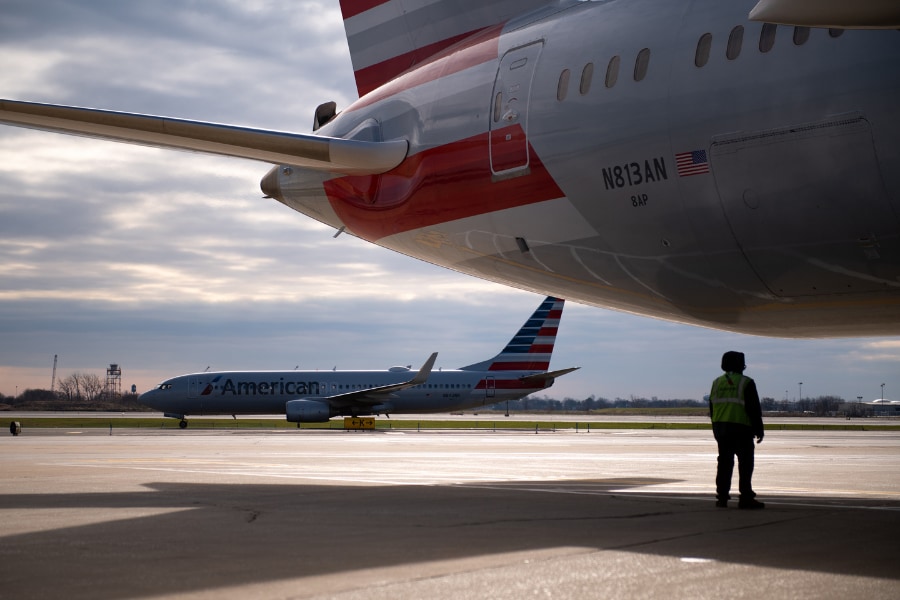
Airlines gear up to transport vaccines. Could this revive travel?
Planes are one part of an elaborate supply chain to move billions of doses of vaccines around the world
Months before anyone knew which of the coronavirus vaccine candidates would pull ahead or when they’d be available, airlines were trying to figure out how to transport doses around the world.
Over the summer, American Airlines, Delta Air Lines and United Airlines spoke with government officials, pharmaceutical companies and experts to understand where vaccines might be produced, how they would be shipped and how best to position people and planes to get them moving. More recently, they have flown batches of vaccines for use in trials and research or to prepare for wider distribution.
The industry will play a vital role in moving billions of doses aboard hundreds of flights in the months ahead, putting underused planes and crews to work while circulating the very medicine that airlines hope will get people to book tickets again. But the flights represent just one segment of a massive, global relay race in which airlines will have to be ready to move at a moment’s notice.
“When a request comes in, it’s going to be urgent and we have to act immediately,” said Manu Jacobs, who oversees shipments of pharmaceuticals and other specialty products for United.
A Food and Drug Administration vaccine advisory panel is meeting Thursday to decide whether the agency should grant emergency authorization of the Pfizer vaccine. Another vaccine, produced by Moderna, is expected to be reviewed next week. Once either is authorized, shipments are expected to begin in earnest.
©2019 New York Times News Service
 Ground crews at Philadelphia International Airport prepare to unload cargo, on Dec. 7, 2020. The airline industry will play a vital role in moving millions of vaccine doses, putting underused planes and crews idled by the pandemic to work.
Ground crews at Philadelphia International Airport prepare to unload cargo, on Dec. 7, 2020. The airline industry will play a vital role in moving millions of vaccine doses, putting underused planes and crews idled by the pandemic to work. 



